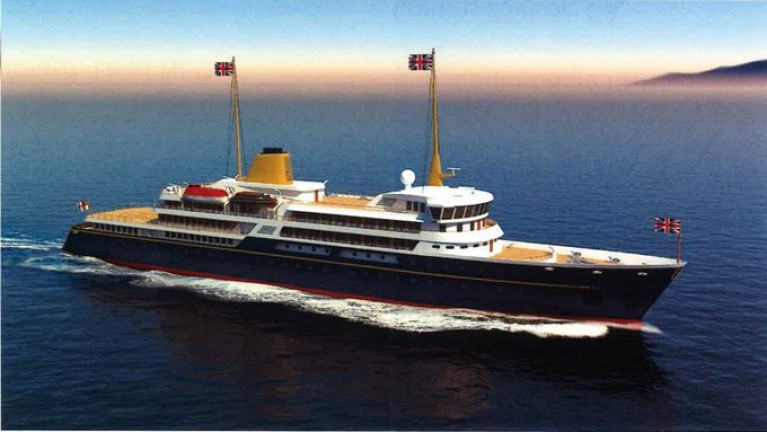Displaying items by tag: Ship of State
In the UK a new national flagship, the successor to the Royal Yacht Britannia, will promote British trade and industry around the world, said Prime Minister Boris Johnson.
The newbuild vessel would be used to host trade fairs, ministerial summits and diplomatic talks as the UK seeks to build links and boost exports following Brexit.
It would be the first national flagship since Britannia, which was decommissioned in 1997, but the new vessel would be a ship rather than a luxury yacht.
A name for the vessel has not been announced, but Johnson has faced pressure from campaigners and Tory MPs to name it after the Duke of Edinburgh, who played a role in designing Britannia.
The government intends to build the ship in a UK shipyard, at a reported cost of up to £200m. (See story of proposed built in Belfast ship).
Johnson said: “This new national flagship will be the first vessel of its kind in the world, reflecting the UK’s burgeoning status as a great, independent maritime trading nation.”
More from The Guardian here.

























































